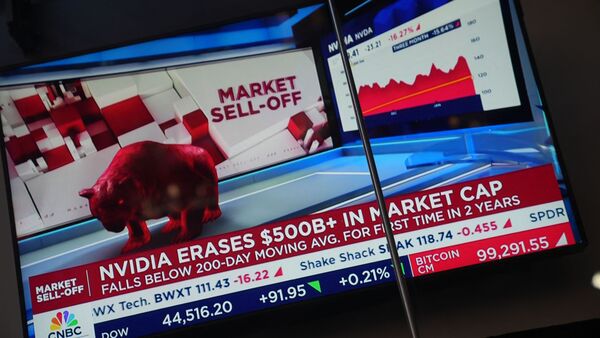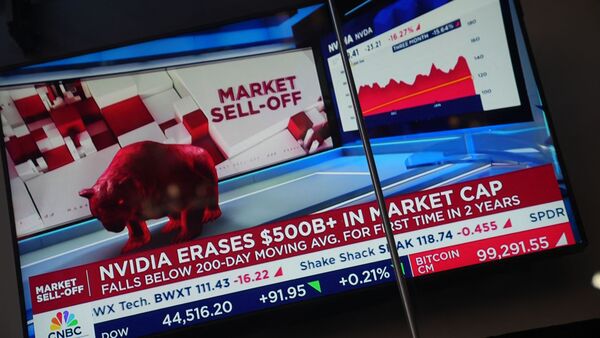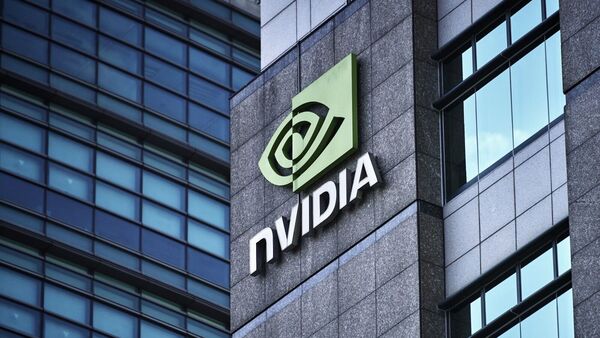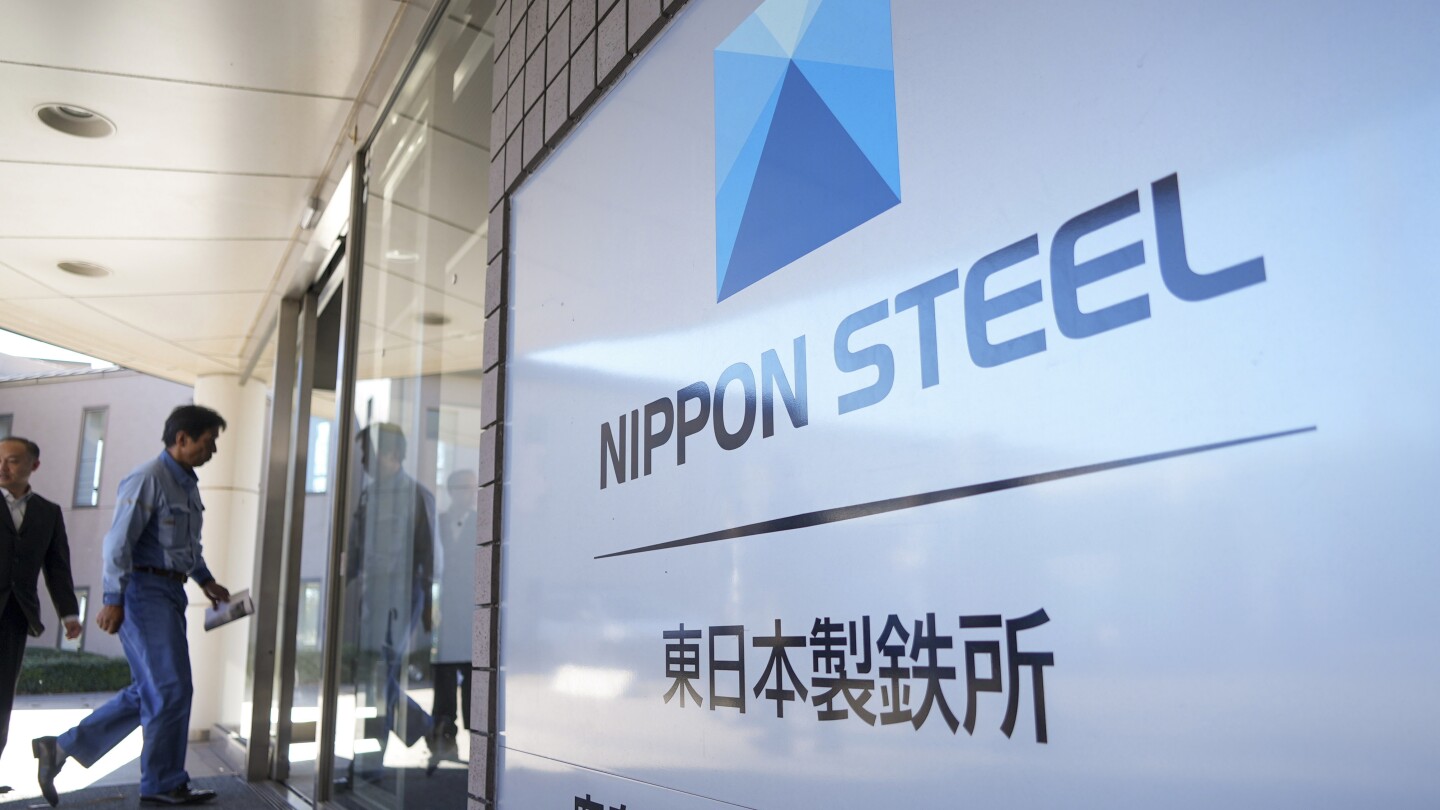Ryan Dezember , David Uberti , The Wall Street Journal 4 min read 28 Jan 2025, 06:24 PM IST

Summary
The selloff is sinking shares of natural-gas producers, pipeline operators, mining companies and electricity generators.
The emergence of Chinese AI upstart DeepSeek has Wall Street reconsidering one of the hottest trades of the past year: providing the energy to power the artificial-intelligence boom.
DeepSeek’s claims that it has trained a sophisticated AI model far more efficiently than competitors called into question assumptions about the energy needed to power the new technology. Traders dumped shares of natural-gas producers, pipeline operators, power-plant owners, miners of coal and uranium, and even big land owners in the West Texas desert.
The selloff even extended to natural-gas markets, cutting the price of the heating and power-generation fuel to be delivered as far out into the future as 2028.
The rout shows how tendrils of the AI trade have spread beyond chip makers and big technology companies to sectors that usually have little to do with fast-growing tech stocks, such as oil-and-gas and utilities.
The massive data centers that supply the computing behind AI are notorious electricity hogs, with power requirements that rival those of the largest American cities.
Investors, including some of the biggest hedge-fund firms, have bid up shares of businesses expected to benefit from rising electricity demand and spending on energy infrastructure. On Monday, after learning about DeepSeek, many hit the exits.
Analysts and investors say that it is too early to tell what effect DeepSeek will ultimately have on AI power demand, and that the Chinese company’s revelations have prompted more questions than answers.
Some argue that lower computing costs could encourage more companies to deploy AI tools than previously anticipated, potentially offsetting efficiency gains.
“They are selling first and asking questions later,” said Jay Woods, chief global strategist at Freedom Capital Markets. “People have been out to find an AI theme buster for along time.”
Shares of Texas Pacific Land more than doubled last year, partly due to expectations that data-center developers would be drawn to the company’s land in the Permian Basin by a glut of cheap natural gas and wide-open space. The stock shed 7.7% Monday. Rival Permian property owner LandBridge lost 17%.
Natural-gas producers EQT and Antero Resources each declined more than 9%. Pipeline giants Kinder Morgan and Williams Cos. ended 9.3% and 8.4% lower, respectively.
Two popular exchange-traded funds filled with shares of uranium mining companies that supply nuclear power facilities each lost 11%. Coal miner Peabody Energy fell 4.7%.
EQT employees working at a natural-gas hydraulic fracking site.
Independent power producers, which sell electricity into wholesale markets, were among the hardest hit. Nuclear-plant owner Constellation Energy and Vistra, which runs one of America’s largest fleets of gas-fueled power plants as well as solar farms, were some of the top performing stocks in the S&P 500 last year. On Monday, they dropped 21% and 28%, respectively.
“It shows you how fragile these valuations might be,” said Tim Winter, a portfolio manager at Gabelli Funds who specializes in power and utility stocks. “This is really the first speed bump where maybe it’s just not going to be going up in a straight line forever.”
Some electricity providers rose Monday, suggesting that investors traded more speculative independent power producers for the relative safety of regulated utilities while maintaining exposure to rising electricity demand, Winter said. American Electric Power and Wisconsin’s WEC Energy Group, added 4.5% and 2.9%, respectively, on Monday.
He said there is little doubt that AI will require a lot more power even if there are leaps in efficiency. As it is, investors have been unsure how enough electricity would be supplied.
Utilities have new gas plants on the drawing board and a Trump White House eager to cut red tape in order for them to be built.
Technology companies such as Microsoft have been attempting to restart nuclear facilities. A big U.K. power producer is even scouting locations in the U.S. South for plants that will produce electricity by burning pine in places where paper mills have closed.
Analysts said it is too early to make big decisions without knowing more about DeepSeek’s technology, including what executives at AI rivals Meta Platforms and Microsoft might say about it during their quarterly earnings calls with investors this week.
“Now you’re not going to be straining the grid, all of this is for naught?” Woods said. “I need to see more proof.”
Tech companies such as Microsoft have been attempting to restart nuclear facilities, including the Crane Clean Energy Center in Middletown, Pa.
Write to Ryan Dezember at ryan.dezember@wsj.com and David Uberti at david.uberti@wsj.com
Catch all the Business News, Market News, Breaking News Events and Latest News Updates on Live Mint. Download The Mint News App to get Daily Market Updates.


















